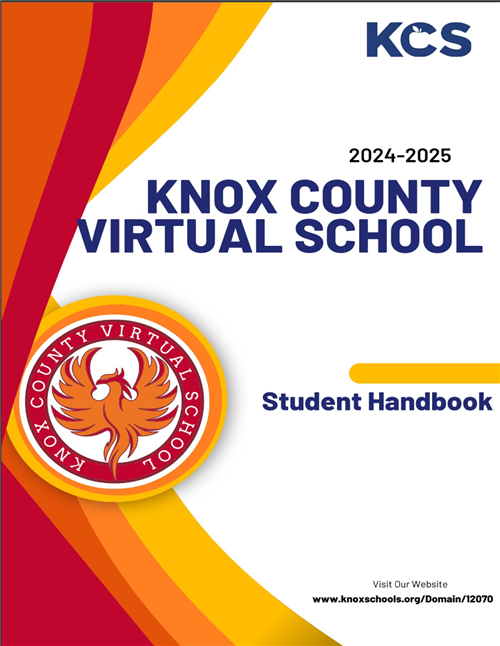Select a School...
Select a School
- A.L. Lotts Elementary (es)
- Adrian Burnett Elementary School (es)
- Amherst Elementary School (es)
- Austin-East Magnet High School (hs)
- Ball Camp Elementary School (es)
- Bearden Elementary School (es)
- Bearden High School (hs)
- Bearden Middle School (ms)
- Beaumont Magnet Academy (es)
- Belle Morris Elementary School (es)
- Blue Grass Elementary School (es)
- Bonny Kate Elementary School (es)
- Brickey-McCloud Elementary School (es)
- Career Magnet Academy (hs)
- Carter Elementary School (es)
- Carter High School (hs)
- Carter Middle School (ms)
- Cedar Bluff Elementary School (es)
- Cedar Bluff Middle School (ms)
- Cedar Bluff Preschool (p)
- Central High School (hs)
- Chilhowee Intermediate School (es)
- Christenberry Elementary School (es)
- Copper Ridge Elementary School (es)
- Corryton Elementary School (es)
- Dogwood Elementary School (es)
- Dr. Paul L. Kelley Volunteer Academy (hs)
- East Knox County Elementary School (es)
- Fair Garden Family Center (p)
- Farragut High School (hs)
- Farragut Intermediate School (es)
- Farragut Middle School (ms)
- Farragut Primary School (es)
- Fort Sanders Ed. Development Center (p)
- Fountain City Elementary School (es)
- Fulton High School (hs)
- Gap Creek Elementary School (es)
- Gibbs Elementary School (es)
- Gibbs High School (hs)
- Gibbs Middle School (ms)
- Green Magnet Academy (es)
- Gresham Middle School (ms)
- Halls Elementary School (es)
- Halls High School (hs)
- Halls Middle School (ms)
- Hardin Valley Academy (hs)
- Hardin Valley Elementary School (es)
- Hardin Valley Middle School (ms)
- Holston Middle School (ms)
- Inskip Elementary School (es)
- K.A.E.C.
- Karns Elementary School (es)
- Karns High School (hs)
- Karns Middle School (ms)
- Karns Preschool (p)
- L&N STEM Academy (hs)
- Lonsdale Elementary School (es)
- Maynard Elementary School (es)
- Mill Creek Elementary School (es)
- Mooreland Heights Elementary School (es)
- Mount Olive Elementary School (es)
- New Hopewell Elementary School (es)
- Northshore Elementary School (es)
- Northwest Middle School (ms)
- Norwood Elementary School (es)
- Pleasant Ridge Elementary School (es)
- Pond Gap Elementary School (es)
- Powell Elementary School (es)
- Powell High School (hs)
- Powell Middle School (ms)
- Richard Yoakley School
- Ridgedale School
- Ritta Elementary School (es)
- Rocky Hill Elementary School (es)
- Sarah Moore Greene Magnet Academy (es)
- Sequoyah Elementary School (es)
- Shannondale Elementary School (es)
- South Knoxville Elementary School (es)
- South-Doyle High School (hs)
- South-Doyle Middle School (ms)
- Spring Hill Elementary School (es)
- Sterchi Elementary School (es)
- Sunnyview Primary School (es)
- Vine Middle Magnet School (ms)
- Knox County Virtual School (hs) (es) (ms)
- West Haven Elementary School (es)
- West High School (hs)
- West Hills Elementary School (es)
- West Valley Middle School (ms)
- West View Elementary School (es)
- Whittle Springs Middle School (ms)


